According to AFP, Prime Minister Hun Manet said that building a dam on the Mekong mainstream would have a “huge impact” on the environment and ecology of the river as well as Tonle Sap Lake, the largest freshwater lake in Southeast Asia and an important source of fish for Cambodians.
“The government will not build any more dams on the Mekong River because it will have a huge impact,” he said at the groundbreaking ceremony of a hydropower dam in the coastal province of Koh Kong on November 30.
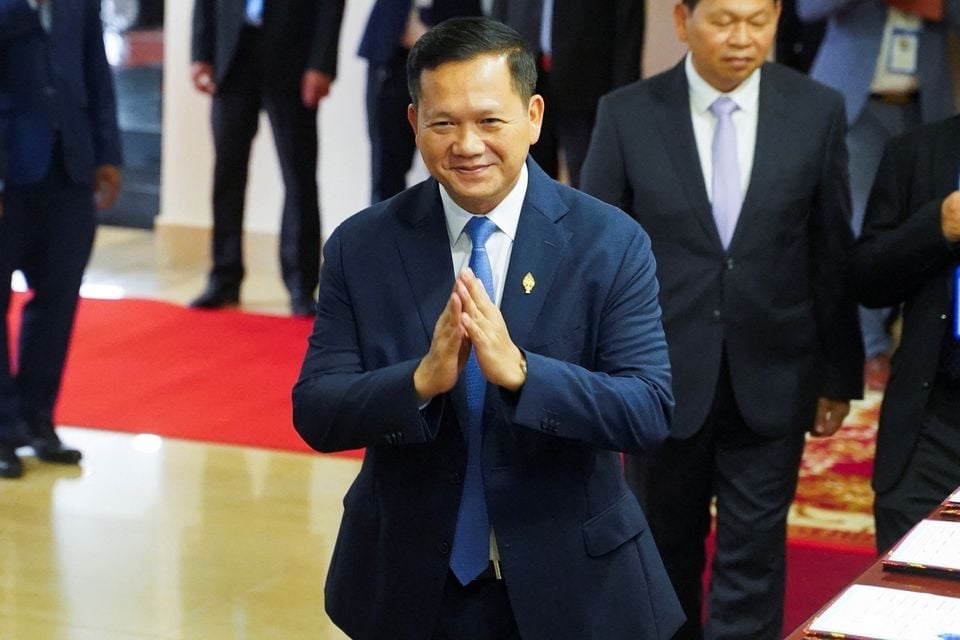
Cambodian Prime Minister Hun Manet
He also officially announced the cancellation of the $1.5 billion, 700 MW Botum Sakor coal-fired power plant project in the protected Botum Sakor Park in Koh Kong.
According to the previous plan, the Botum Sakor power plant with two units was expected to come into operation around 2025.
Cambodian officials are considering replacing the project with imports of liquefied natural gas (LNG).
Hun Manet reiterated that Cambodia will not develop new coal power plants to demonstrate its “responsibility for the environment and the global climate.” He said the move was a message to countries at the COP28 climate conference that opened on November 30 in Dubai, United Arab Emirates (UAE).
According to Mr. Hun Manet, renewable energy currently accounts for 60% of Cambodia’s energy supply. He said that this ratio is expected to increase to 70% by 2030 “so that our country can become a clean energy destination for tourism and investment.”
In December 2021, Cambodia announced a roadmap to achieve net zero carbon emissions by 2050. This includes a commitment to ramp up renewable energy, which accounts for the majority of Cambodia's electricity generation thanks to hydropower, as well as a commitment to invest in LNG imports, storage and infrastructure.
According to the country's electricity authority, coal will generate 35.5% of Cambodia's electricity by 2022, while hydropower will account for nearly 54%.
Source link


![[Photo] Dong Ho Paintings - Old Styles Tell Modern Stories](https://vstatic.vietnam.vn/vietnam/resource/IMAGE/2025/3/29/317613ad8519462488572377727dda93)

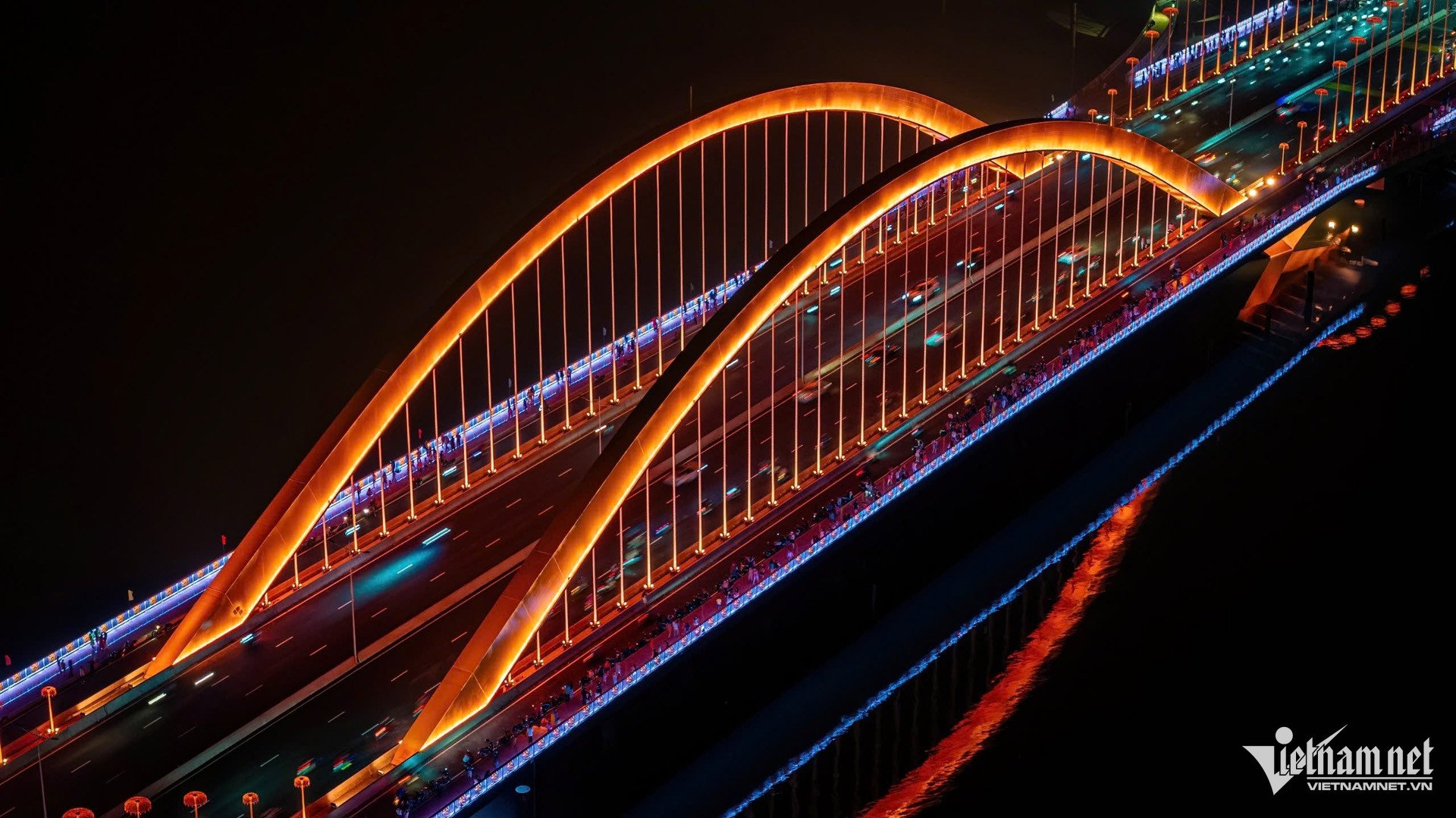

![[Photo] Prime Minister Pham Minh Chinh chairs meeting to urge highway projects](https://vstatic.vietnam.vn/vietnam/resource/IMAGE/2025/3/29/6a3e175f69ea45f8bfc3c272cde3e27a)
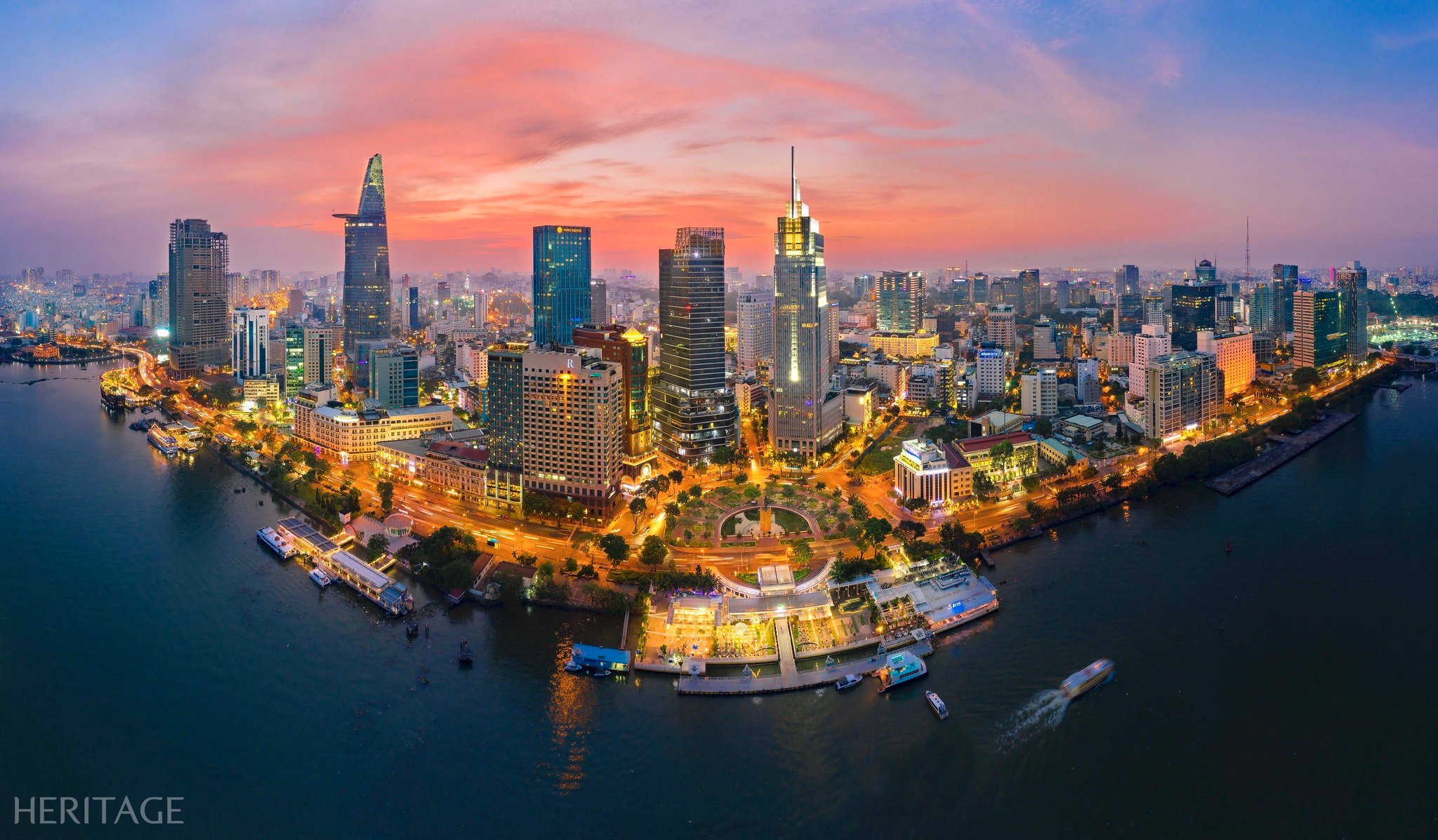
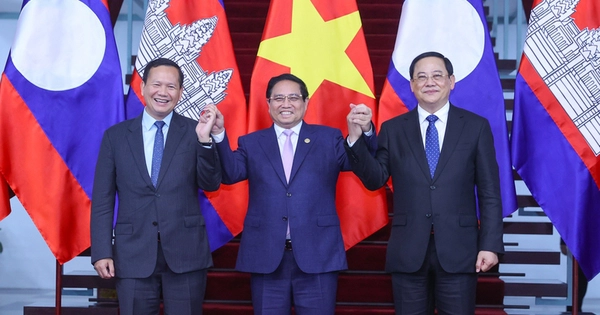

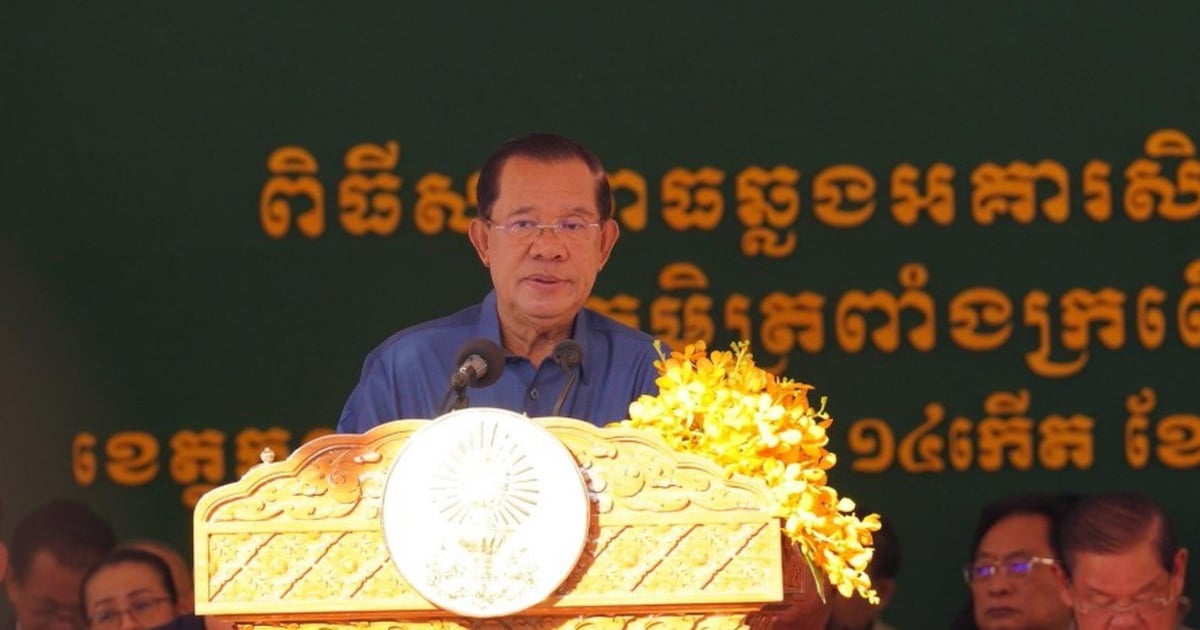

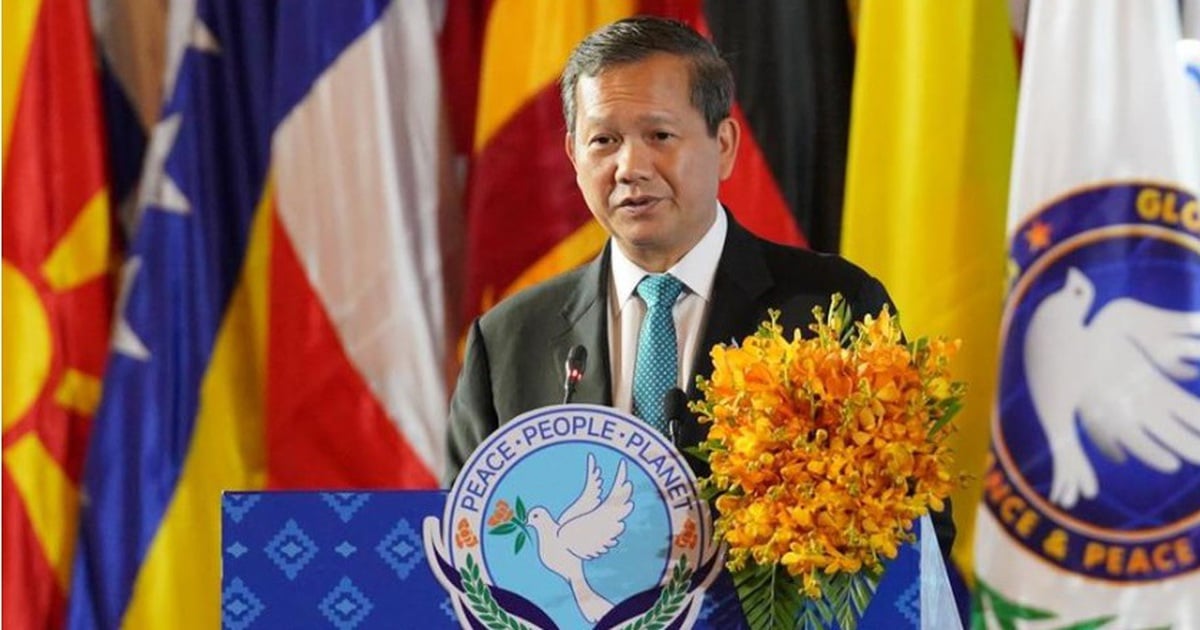
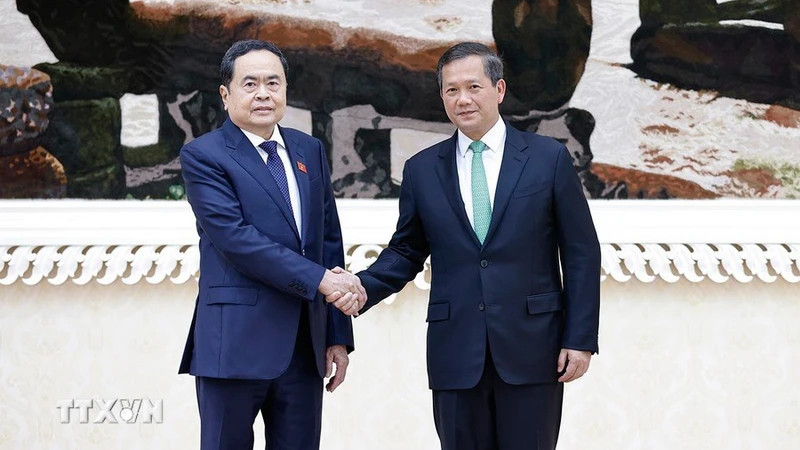

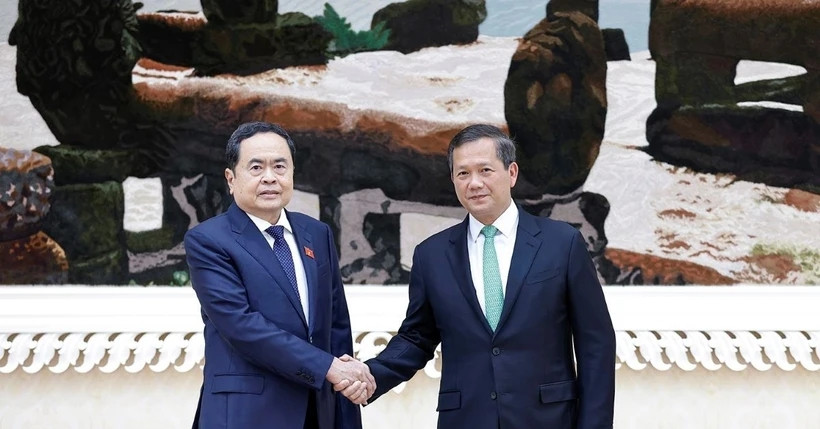

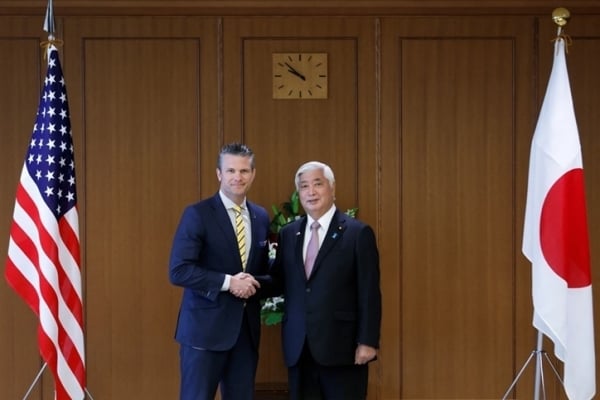
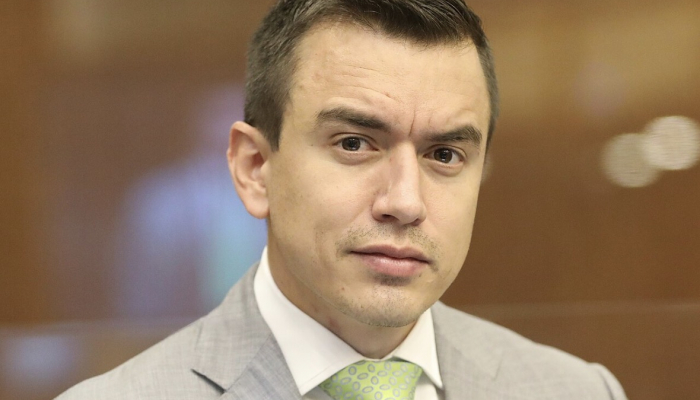
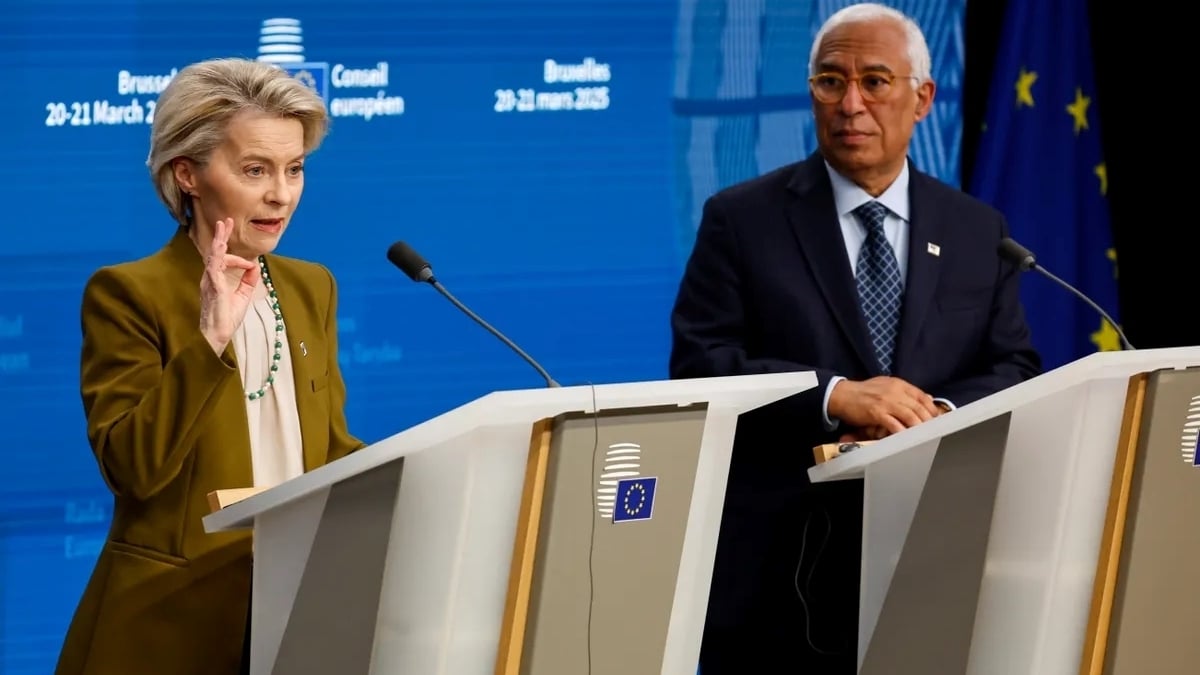
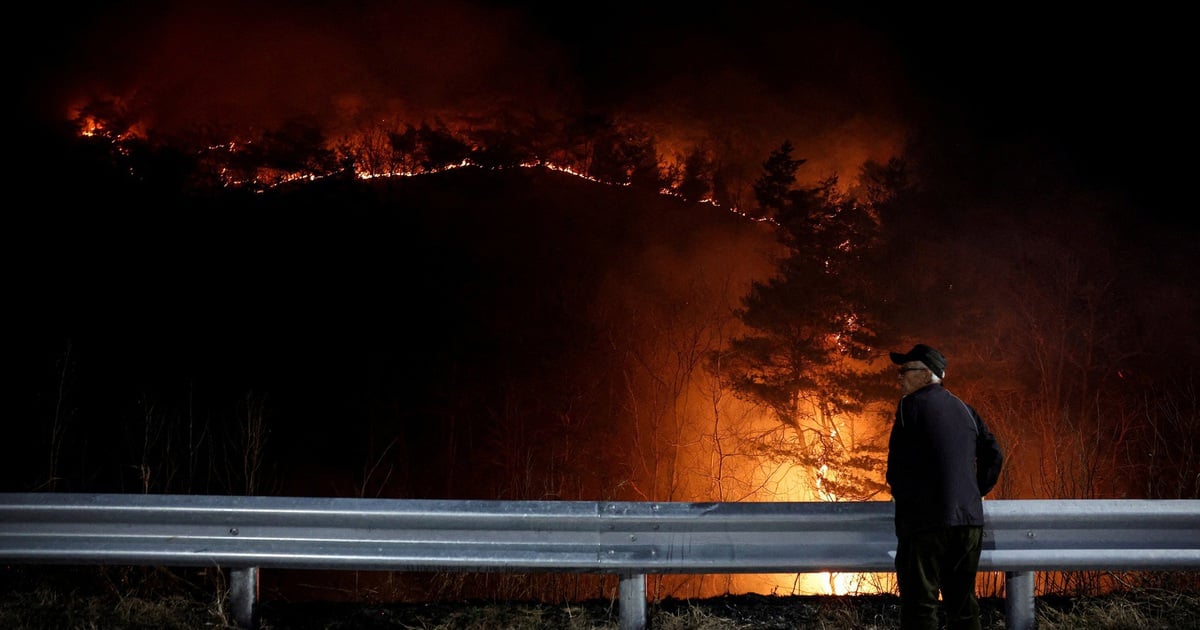

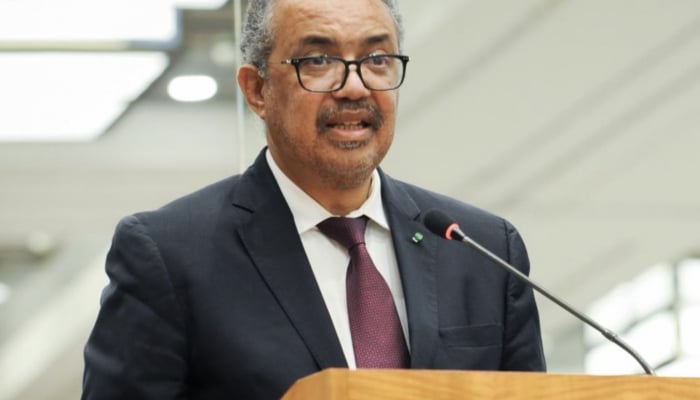




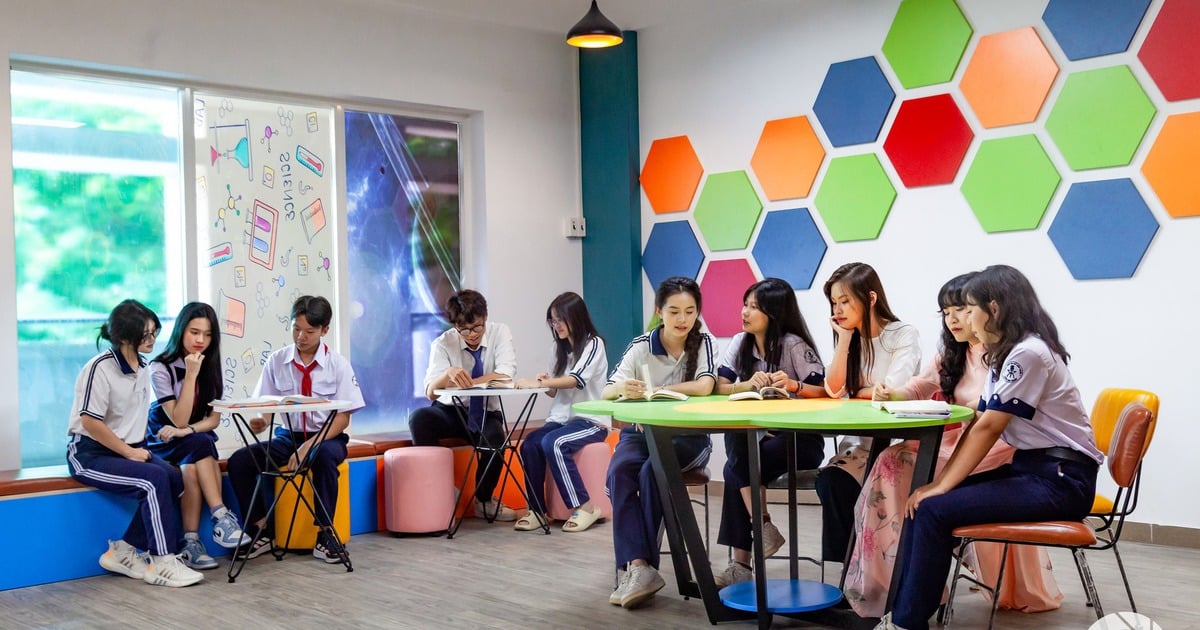
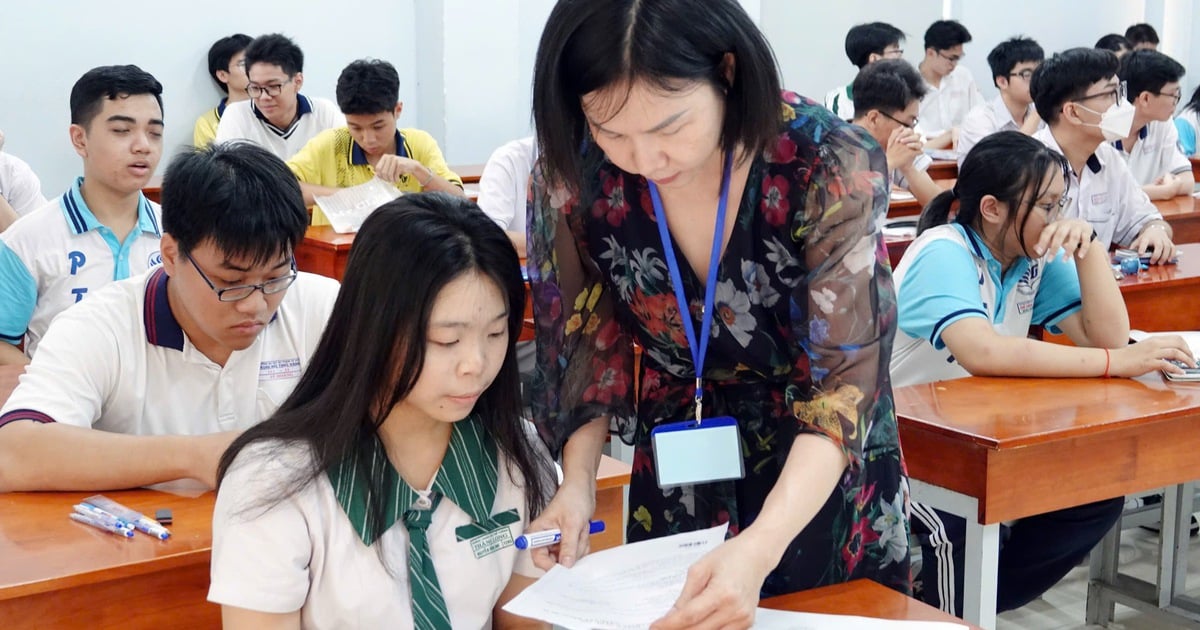
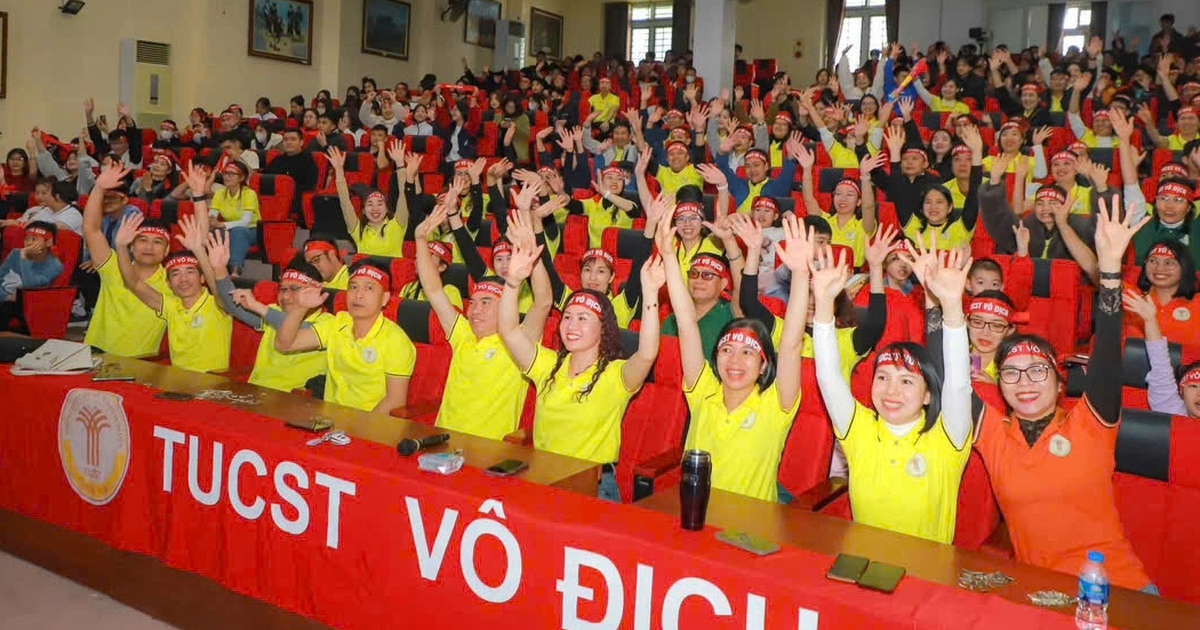
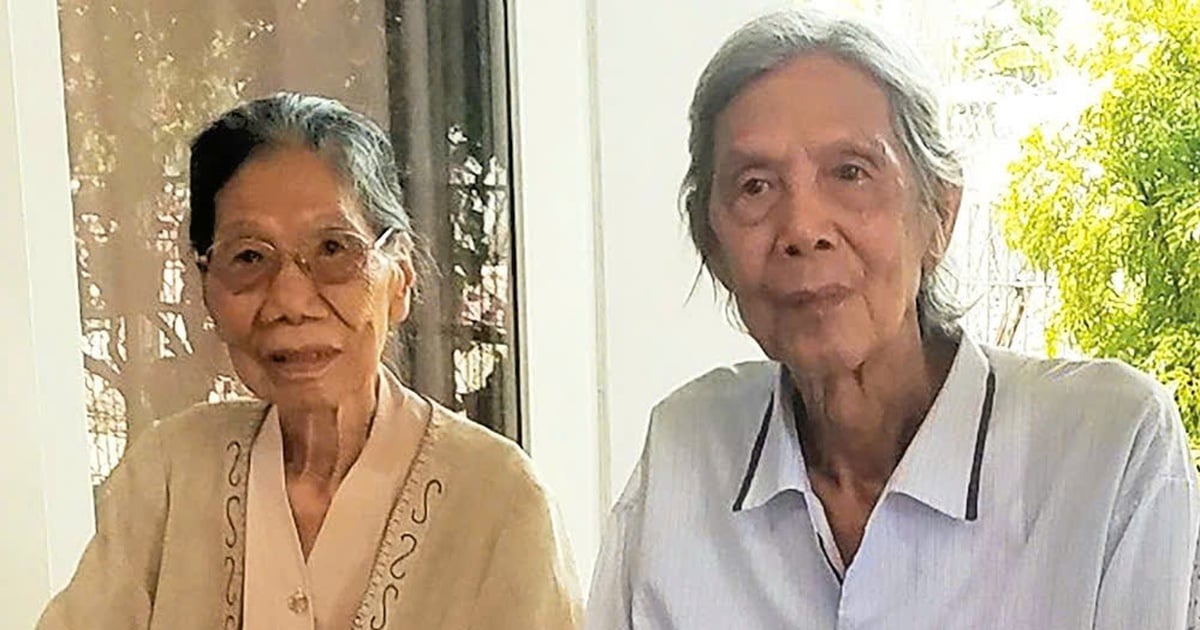

![[Photo] Prime Minister Pham Minh Chinh and Brazilian President Luiz Inácio Lula da Silva attend the Vietnam-Brazil Economic Forum](https://vstatic.vietnam.vn/vietnam/resource/IMAGE/2025/3/29/f3fd11b0421949878011a8f5da318635)
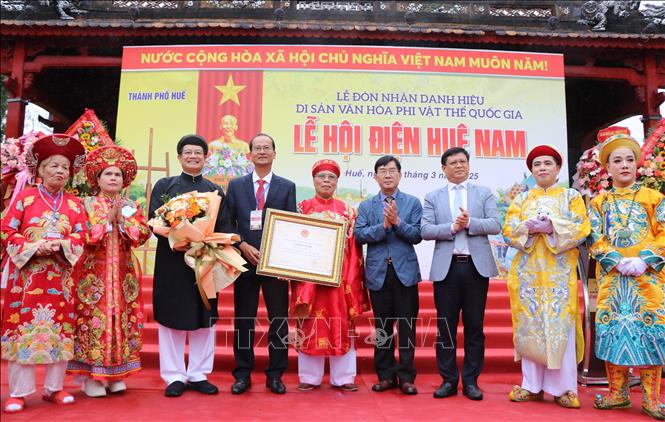

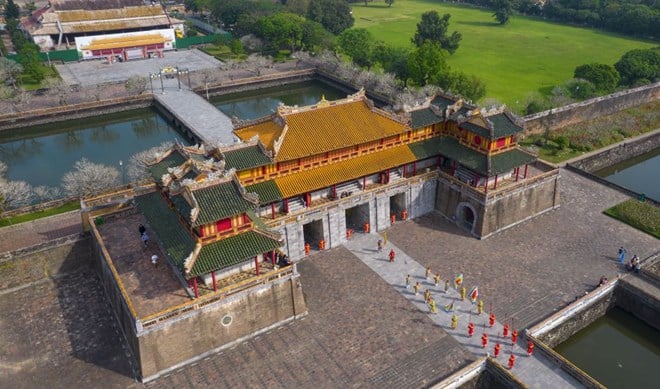











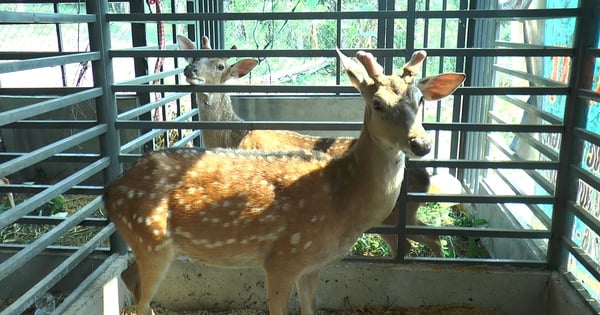



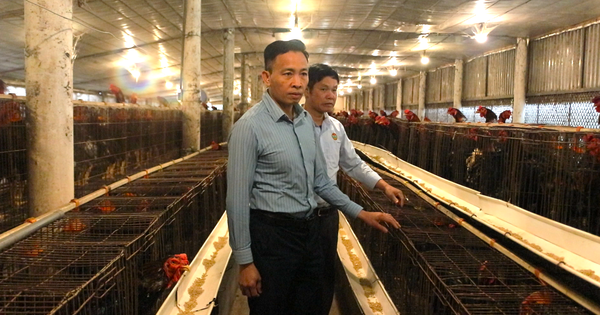


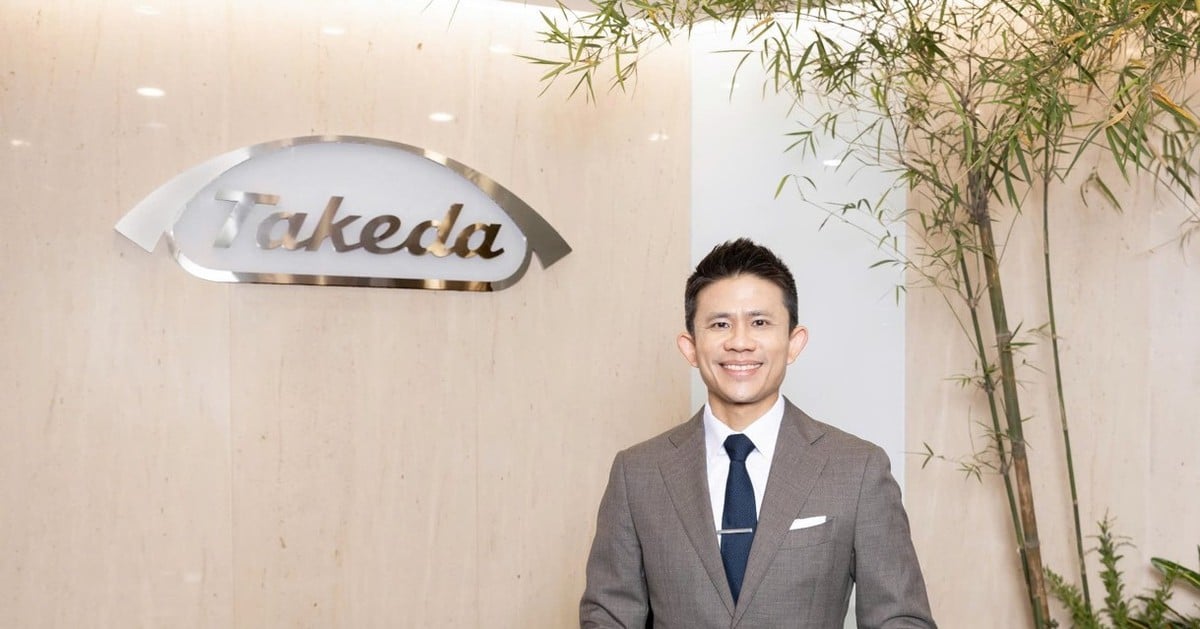









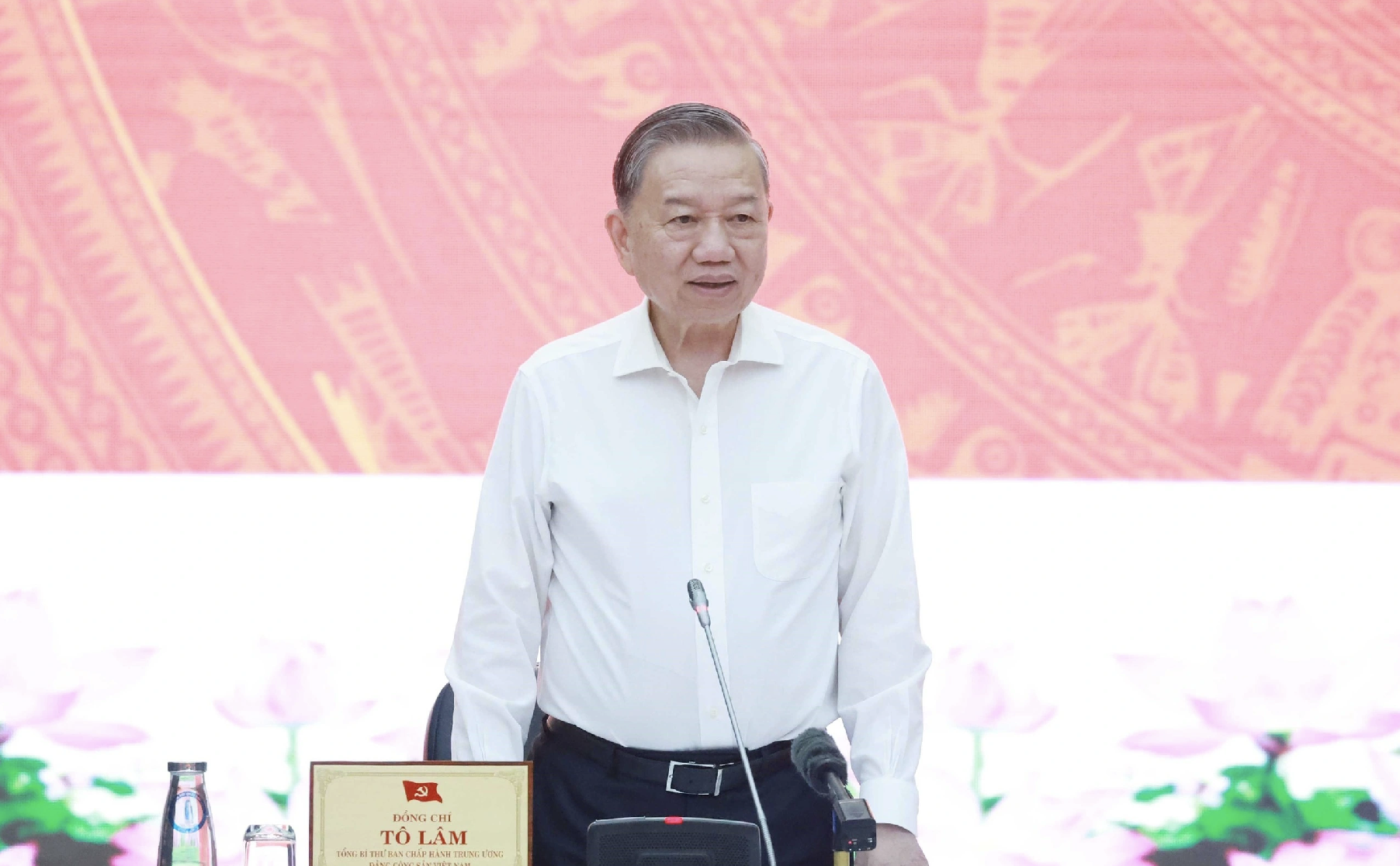
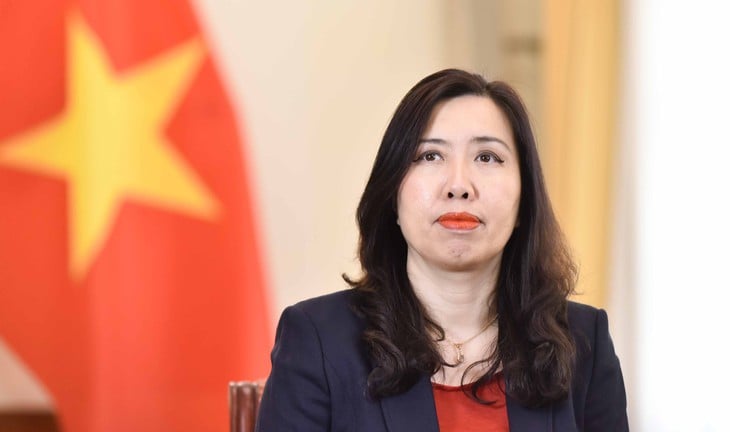
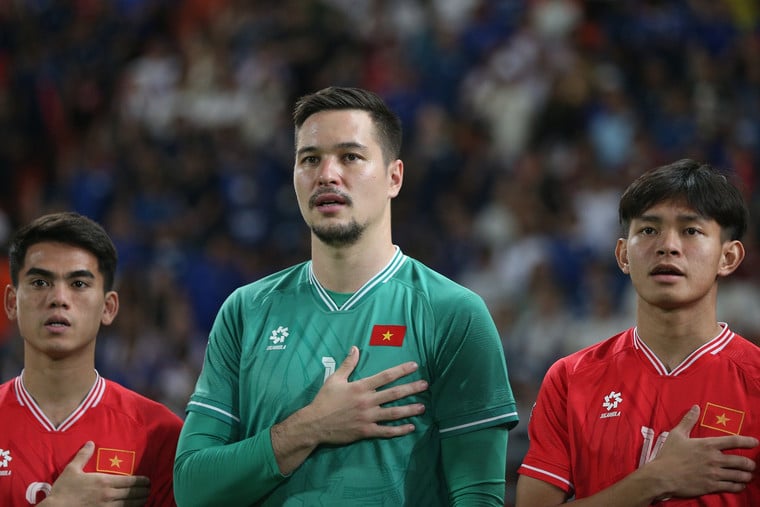
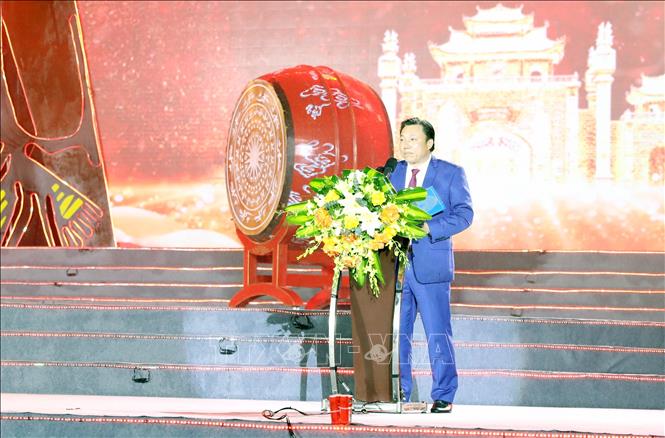
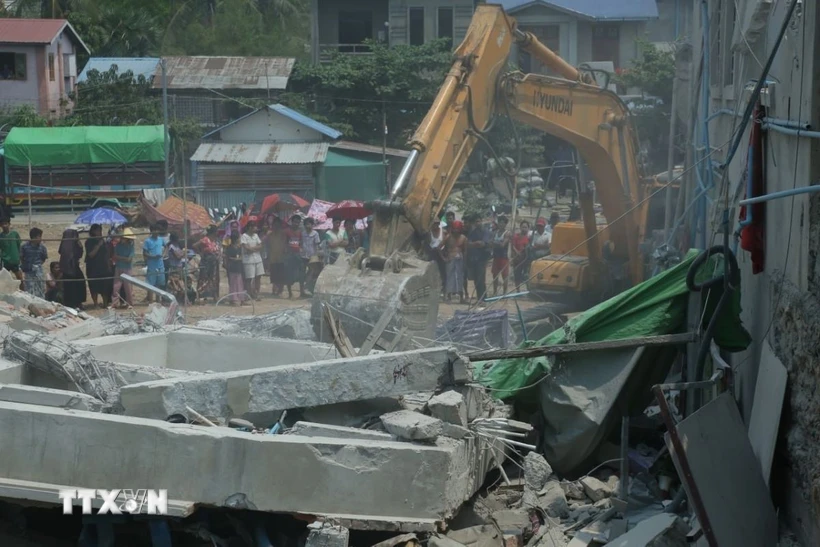


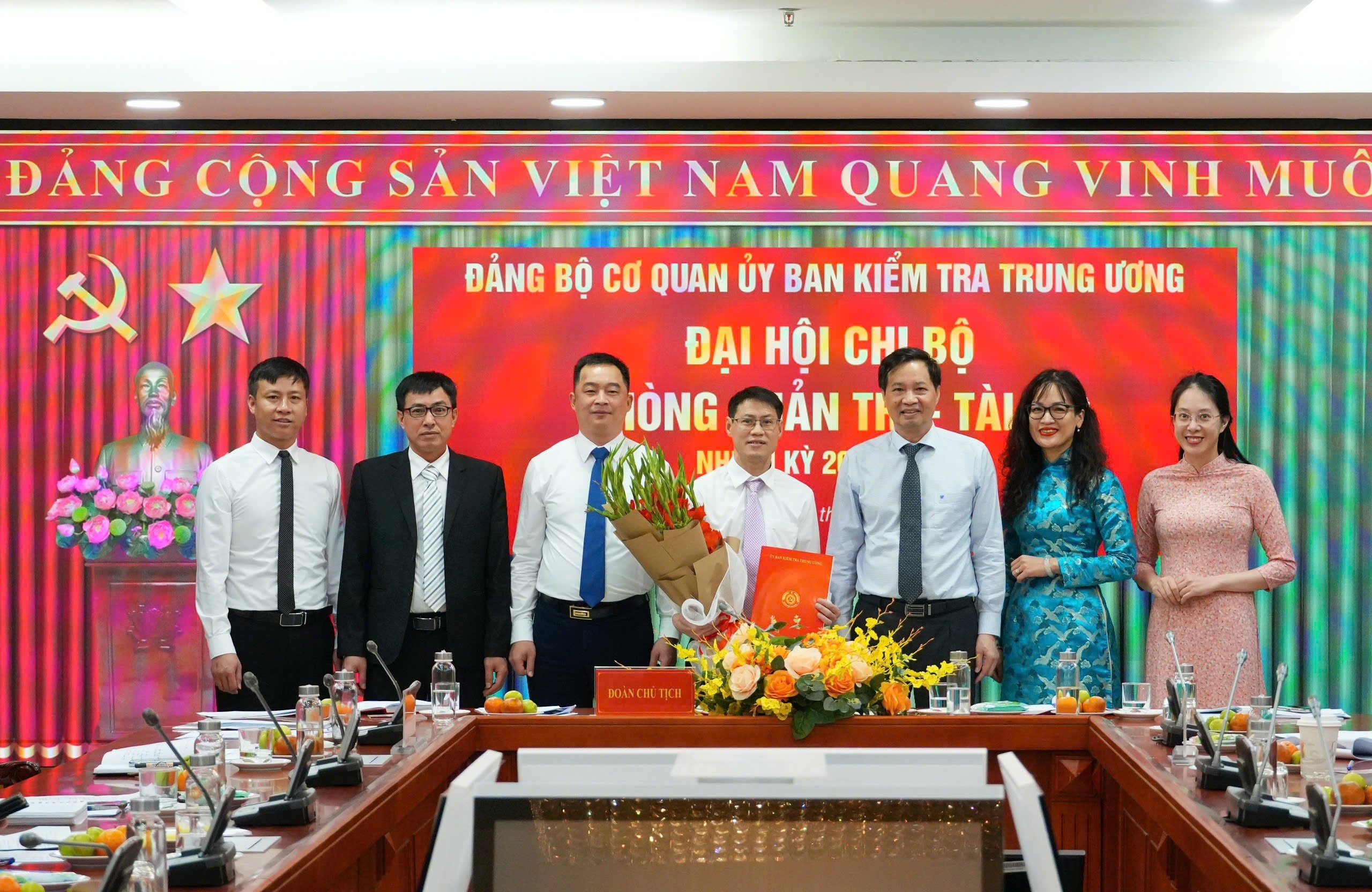
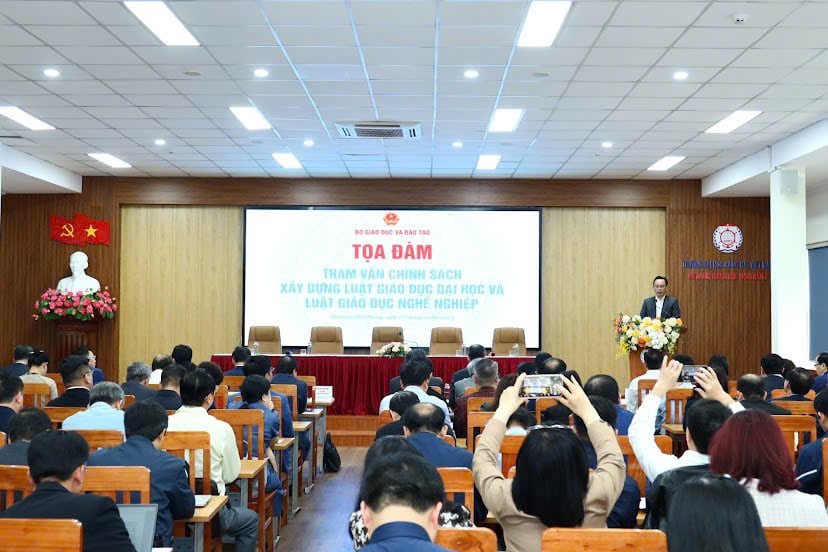

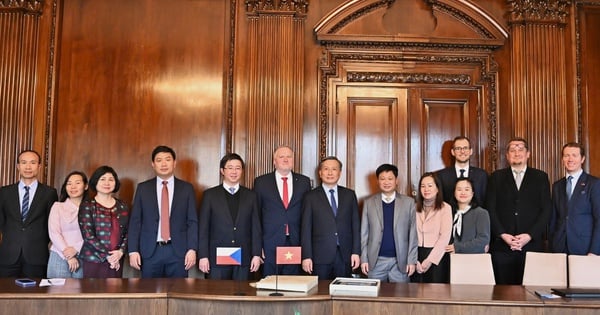

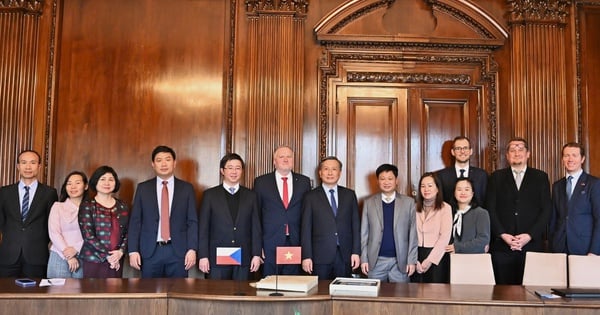
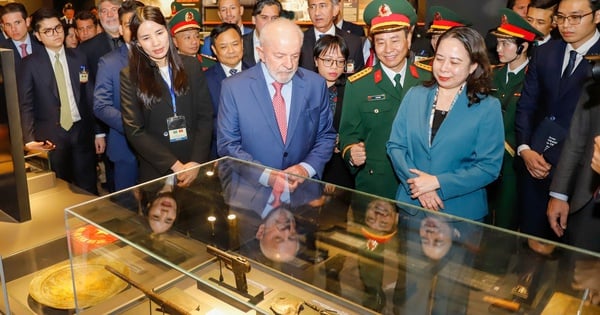

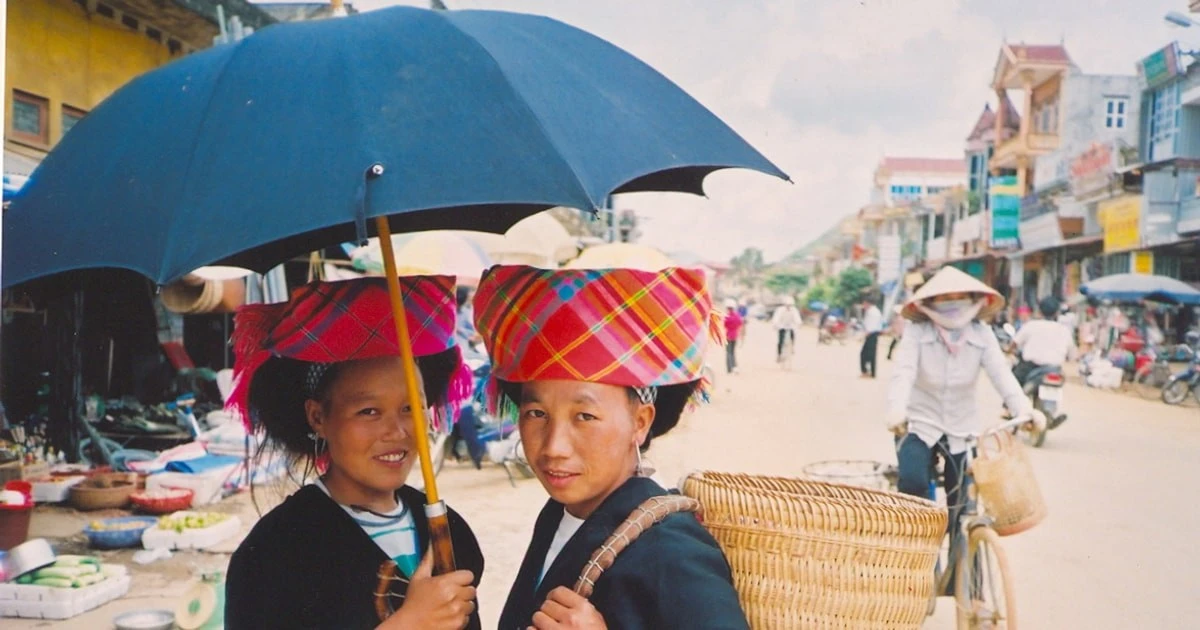

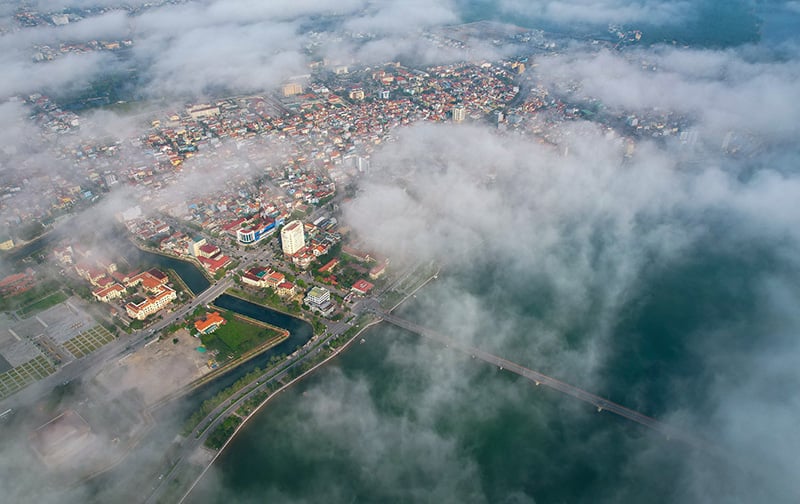
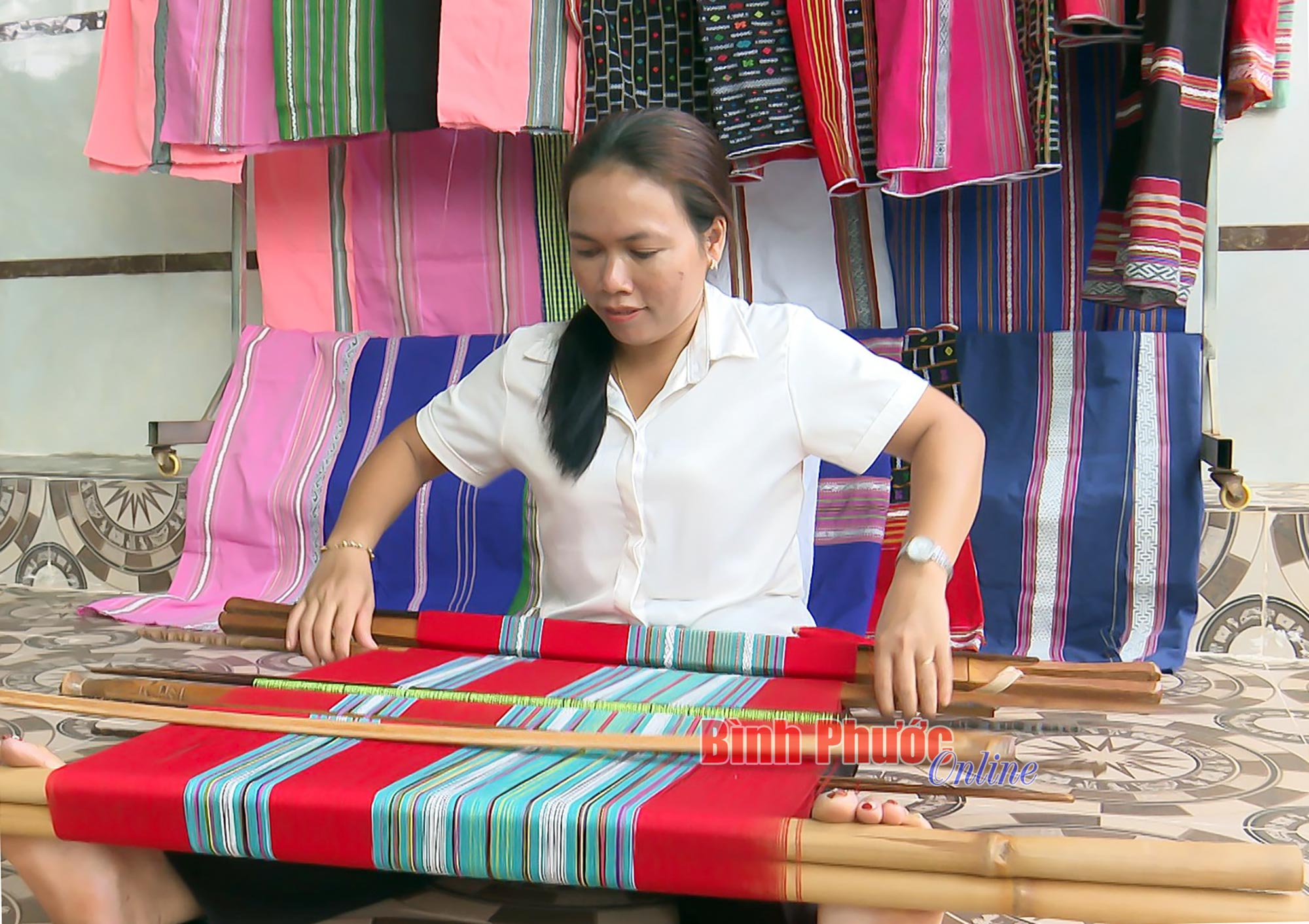

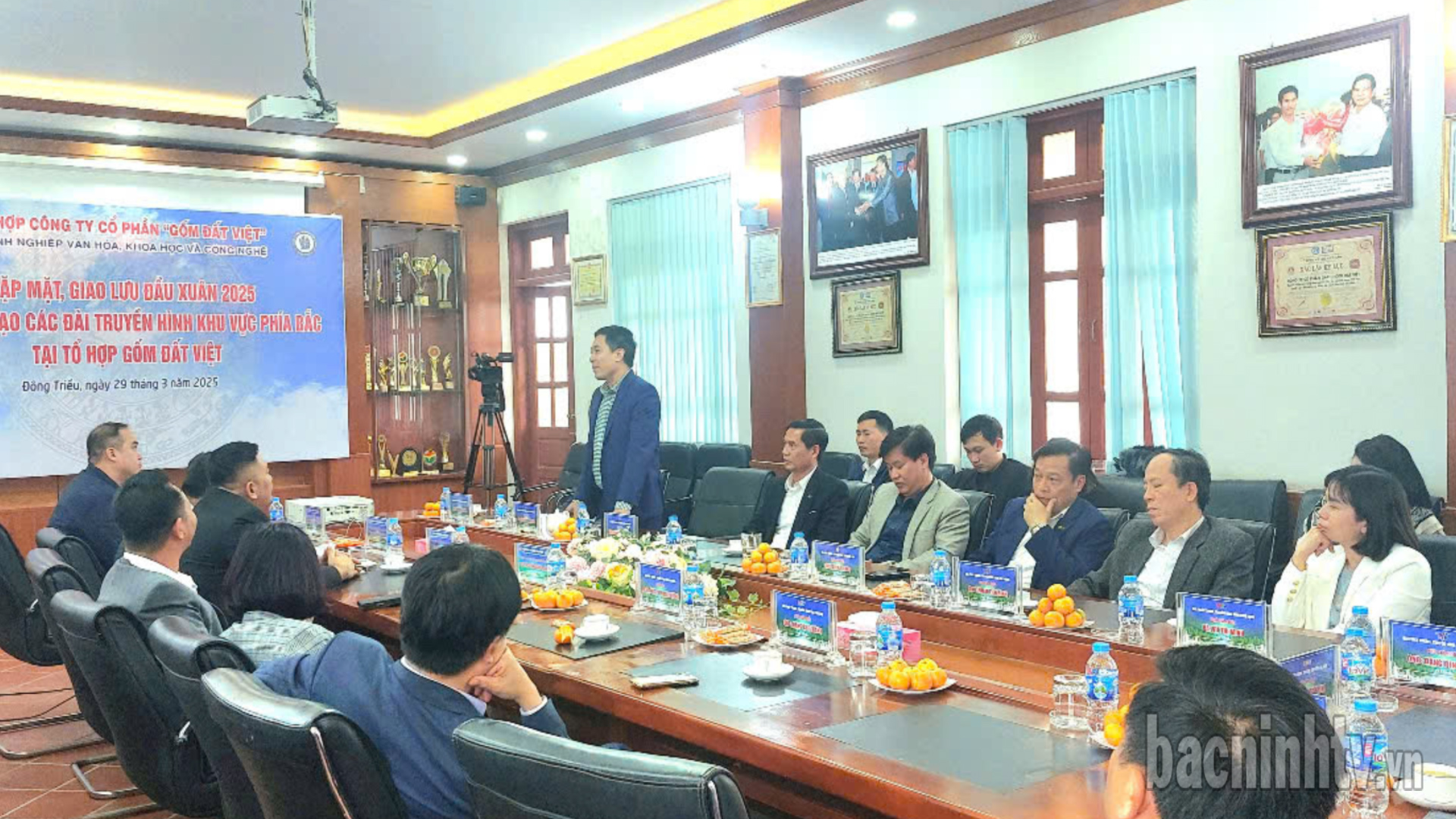
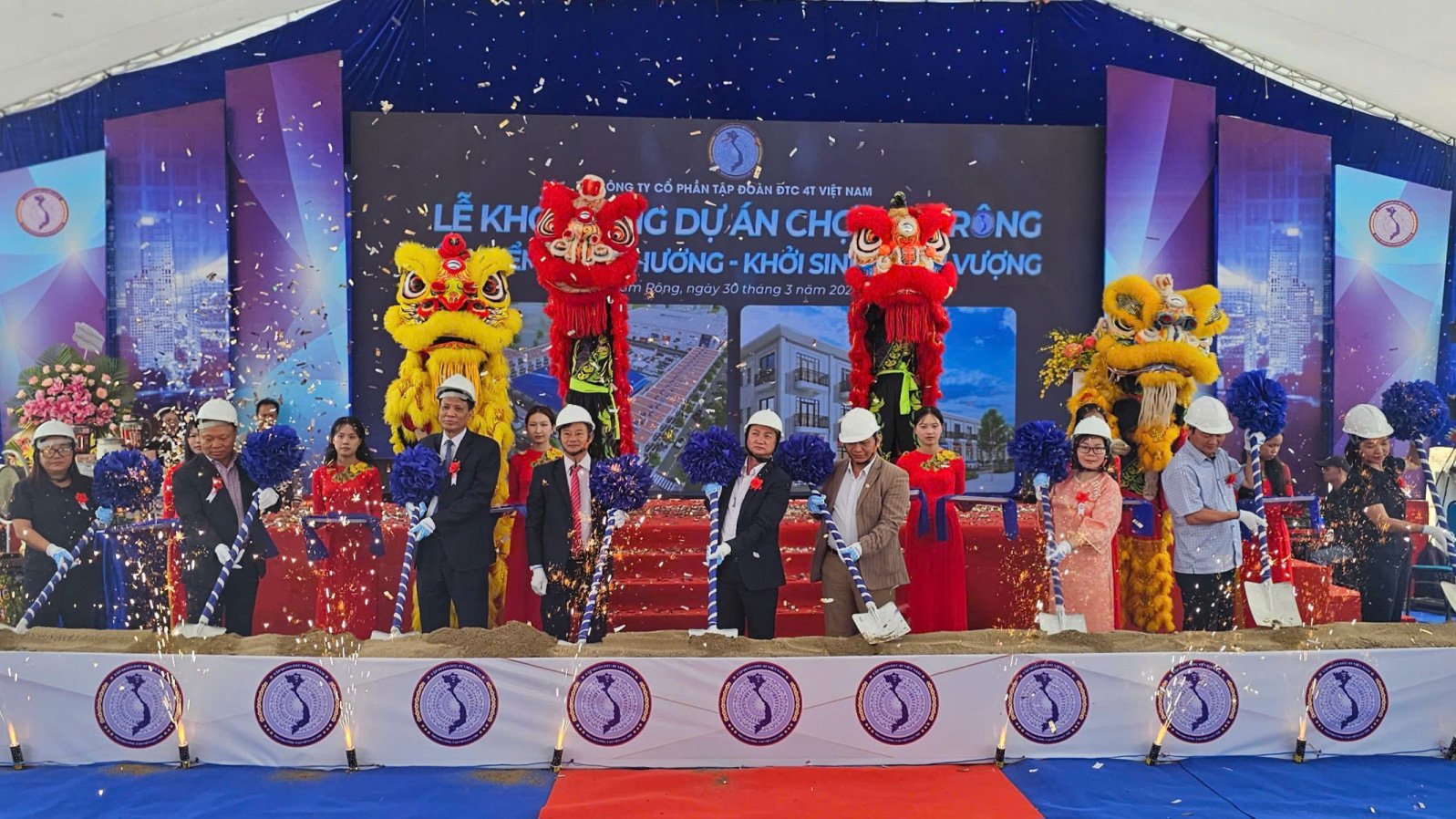

![[REVIEW OCOP] An Lanh Huong Vet Yen Cat](https://vstatic.vietnam.vn/vietnam/resource/IMAGE/2025/3/27/c25032328e9a47be9991d5be7c0cad8c)









Comment (0)